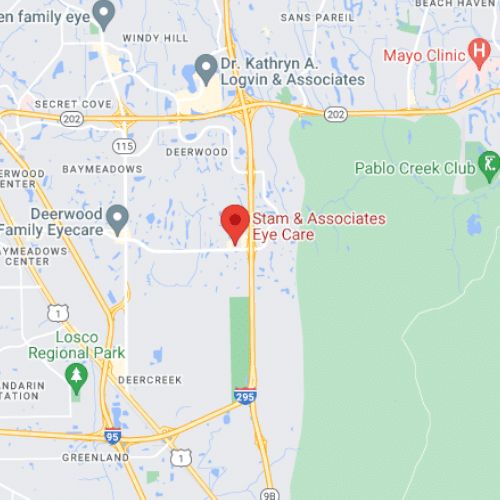Symptoms of a Retinal Detachment
The retina has a central role in how we see, turning light rays into signals that the brain understands as images. If it pulls away from the tissue beneath it—a situation known as retinal detachment—vision is put at serious risk. The good news? Early detection with an eye exam in Jacksonville, FL can make a huge difference in outcomes. Recognizing the symptoms may help prevent lasting damage.
More Than Just Floaters
Most people experience floaters at some point—those small, drifting shapes that seem to move when you try to look directly at them. But if you suddenly notice a lot more than usual, it could be a sign of trouble. An increase in floaters, especially if they appear all at once, should never be ignored.
Unexpected Flashes of Light
Another red flag is flashes of light in your side vision. These may come and go quickly, almost like lightning streaks in the corner of your eye. They often occur when the retina is being tugged or stretched, which can happen just before detachment.
A Shadow Creeping Into Your Sight
One of the more serious warning signs is the sensation of a shadow or dark curtain moving across your field of view. This can start small and spread quickly, reducing your ability to see clearly. This is often a sign that the retina is already detaching.
Sudden Blurriness or Vision Loss
If your vision suddenly becomes blurry or distorted—and it doesn’t clear up with blinking or rest—it could be a signal that something deeper is wrong. Loss of side vision is also common in the early stages.
Why Timing Matters
Retinal detachment is a medical emergency. The sooner it’s treated, the better the outcome. If any of these symptoms appear, contact an optometrist in Jacksonville, FL immediately. Fast action could save your sight.




